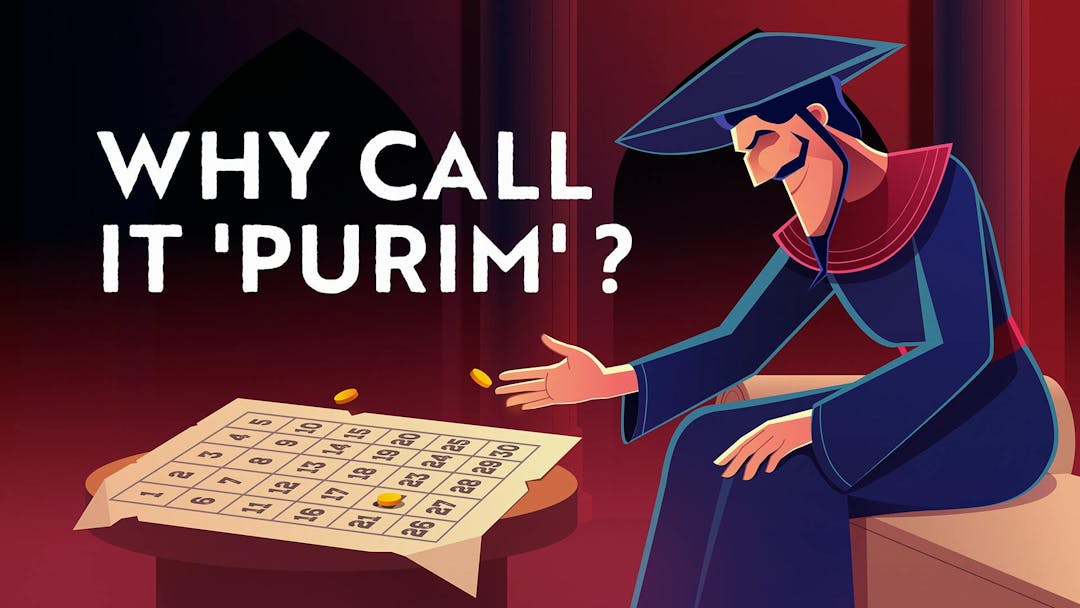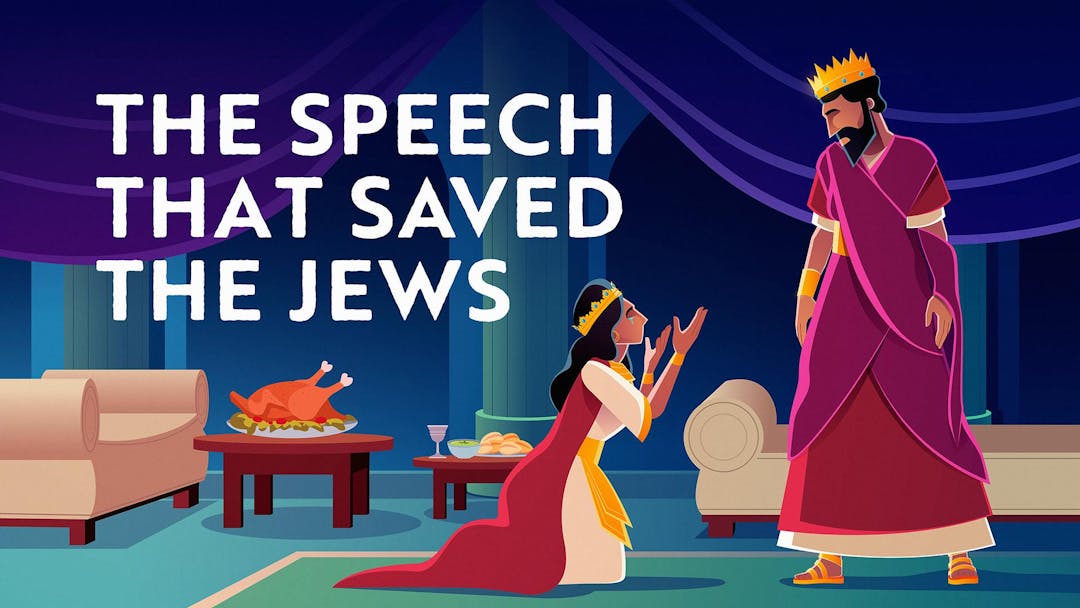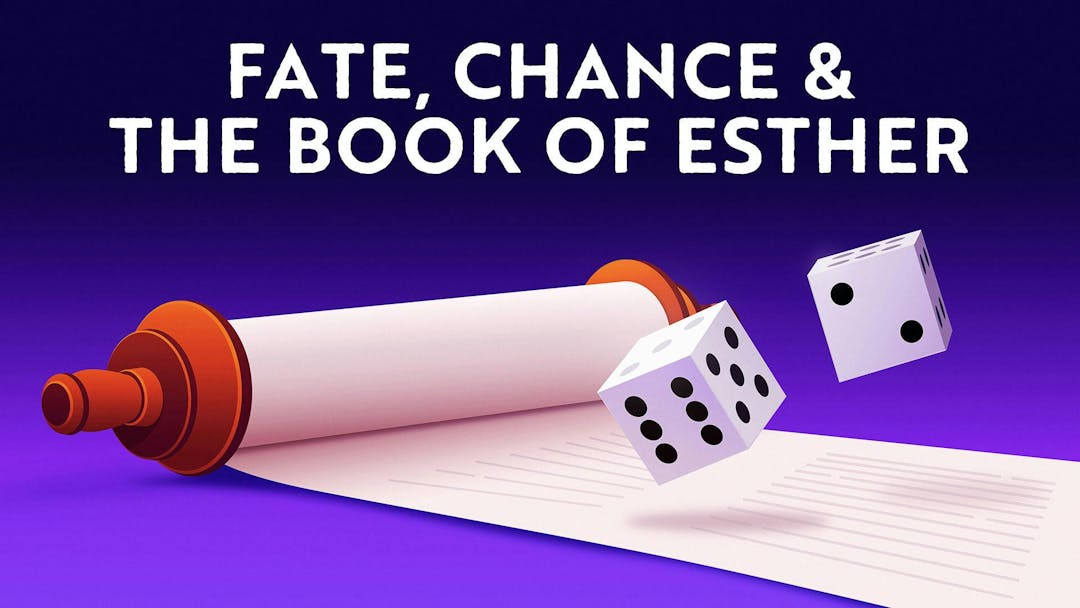Start your free trial today to unlock the full library and enjoy unlimited and uninterrupted access.
Get StartedWhy Do We Celebrate Purim?
Purim In The 21st Century
Why is celebrating Purim important in the 21st century – or even at all? Sure, Purim was marked as the “holiday that would never be forgotten,” and celebrates the salvation of the Jewish nation, but it is also the rare holiday where God doesn’t take center stage in the story.
The Megillah pores over every twist and turn of Esther and Mordechai’s actions, yet only hints at God’s involvement once – with an ambiguous reference at that. Is the Megillah suggesting that a little bit of glory goes to the characters, as well? Is this a clue that Purim celebrates our own contribution, alongside God’s?
Of course, we recognize that Purim celebrates the work of God’s helping hand “in the background.” We know that the string of “consequences” that ultimately saved the Jewish nation wasn’t by chance at all; God was there, pulling the strings – just as He always is, like today, even if we can’t see His presence. That certainly seems like a significant reason to celebrate Purim for all eternity.
But isn’t it a valid question to acknowledge that we also put in some of the hard work for our achievements? After all, aren’t we partly responsible for our own promotion, carrying a baby for nine months, or finishing a university degree? How are we meant to embrace the theological message that God is responsible for absolutely everything in our lives?
This Purim video sets out to resolve this paradox and uncover a meaningful purpose as to why Purim is perhaps even the most important celebration for our modern lives today.
Watch more of our thought-provoking Purim videos.
Learn more about Purim at Aleph Beta by checking out some of our other videos including Taanit Esther, The Queen You Thought You Knew, and Matanot La'evyonim.
Want to watch the full video for free?
Enter your email and we’ll send you a link to watch the full series free.
What is Aleph Beta?
Aleph Beta is a unique kind of Torah library. Led by our founder, Rabbi David Fohrman, we are dedicated to high-level, textual Torah learning for adults that is intellectually and spiritually sophisticated, that enlivens your Jewish practice and helps you forge a deeper connection to God. Whether you’ve been learning in yeshiva for years or you’re just beginning your Torah journey, you’re sure to find something meaningful and surprising waiting for you here.
Browse our library of over 1,000 beautifully produced animated videos, podcasts, deep dive courses, and printable guides. Topics include the weekly parsha, Jewish holidays & fast days, laws & mitzvot, prayers, relationships, big philosophical ideas and more. Have something to say at the Shabbos table that will amaze your family and guests and bring deep meaning into their lives.











